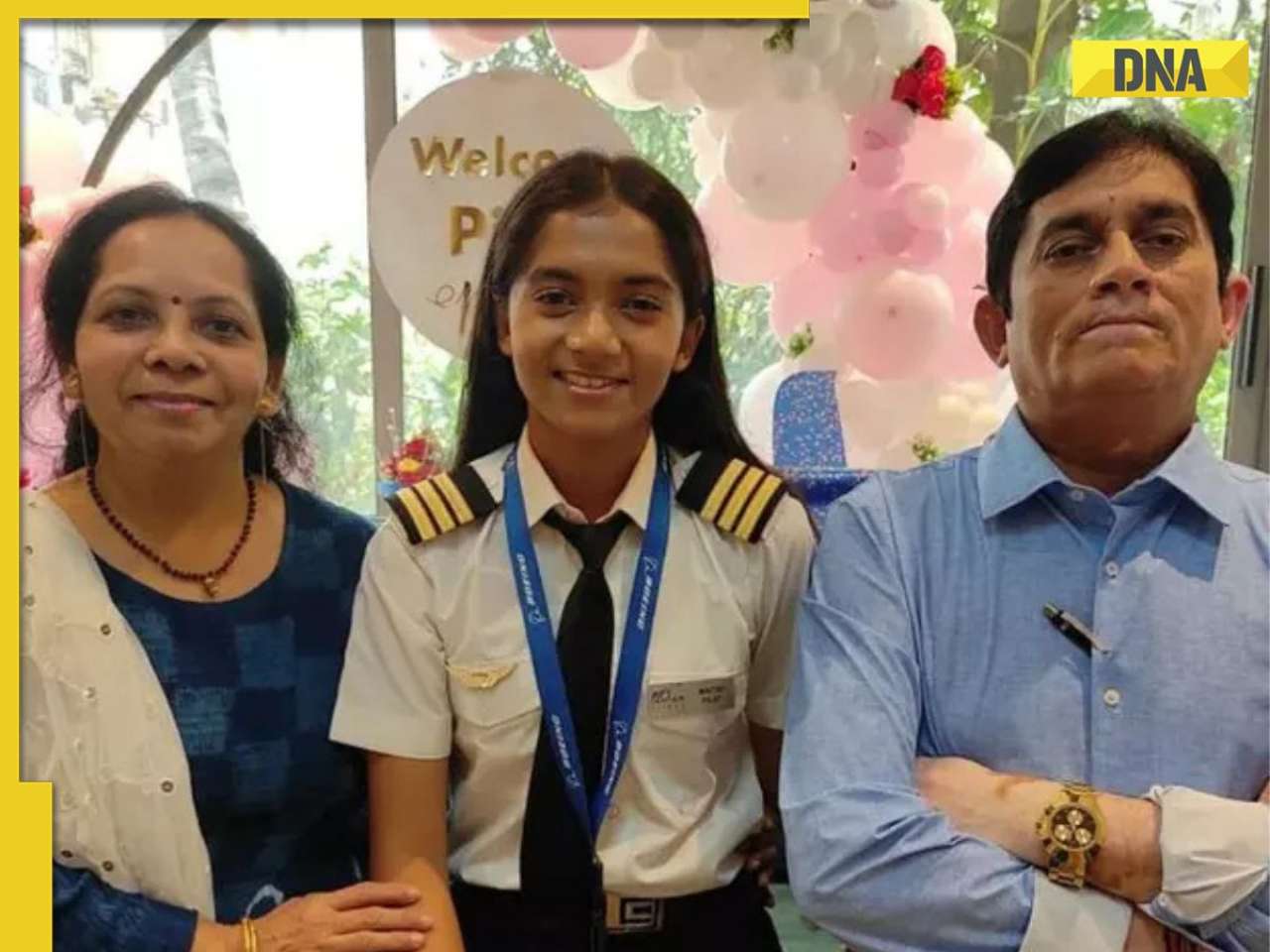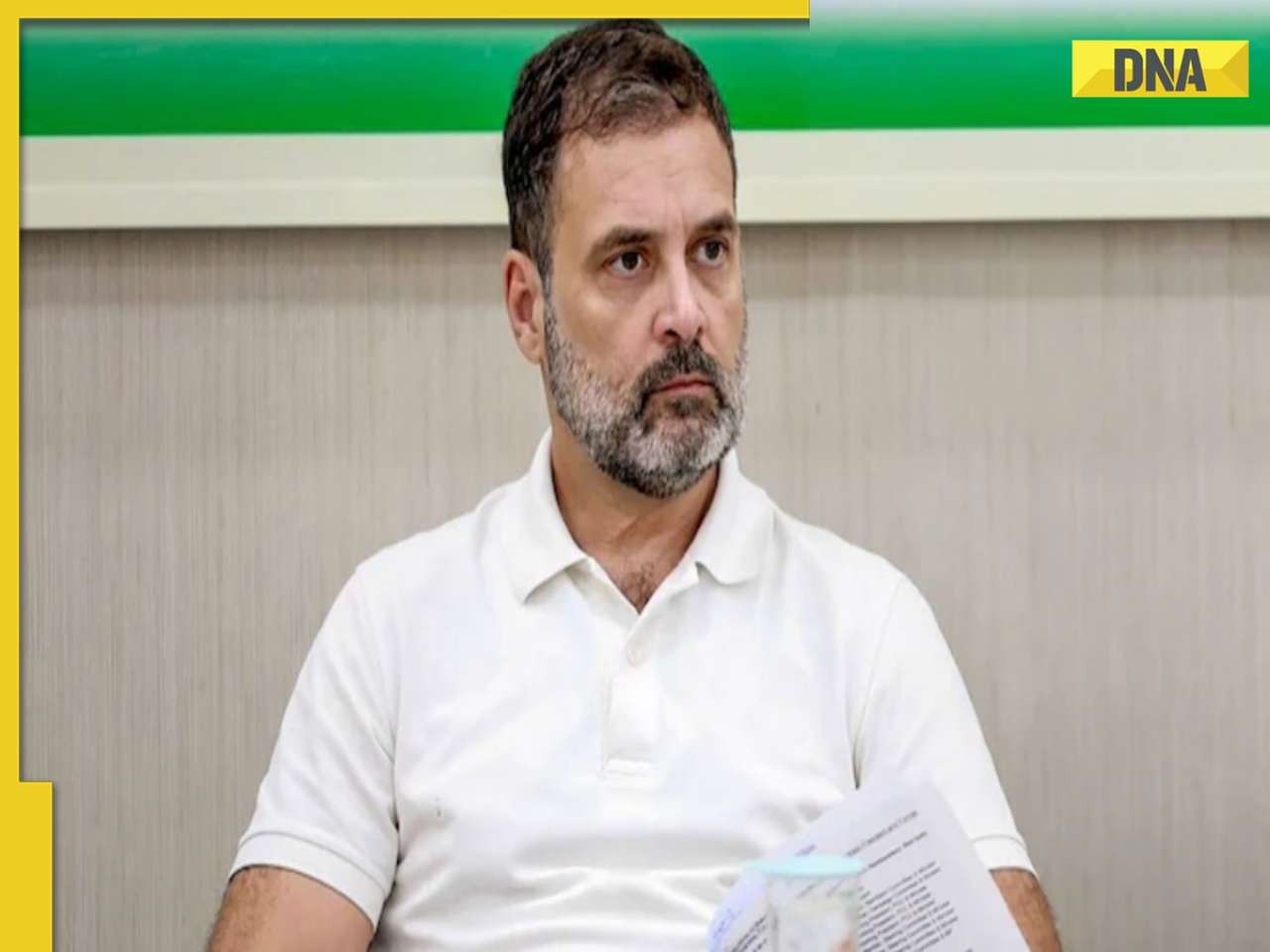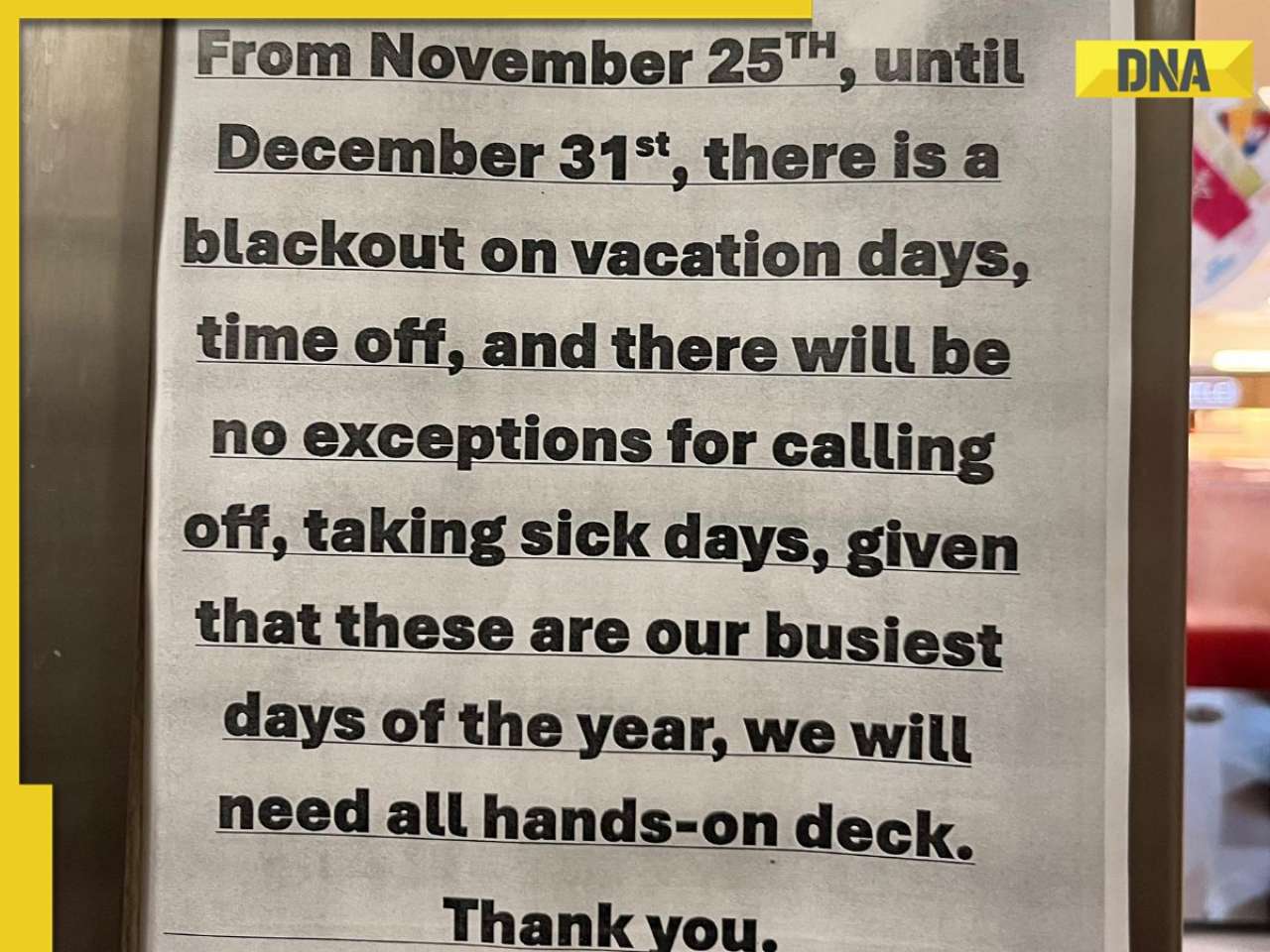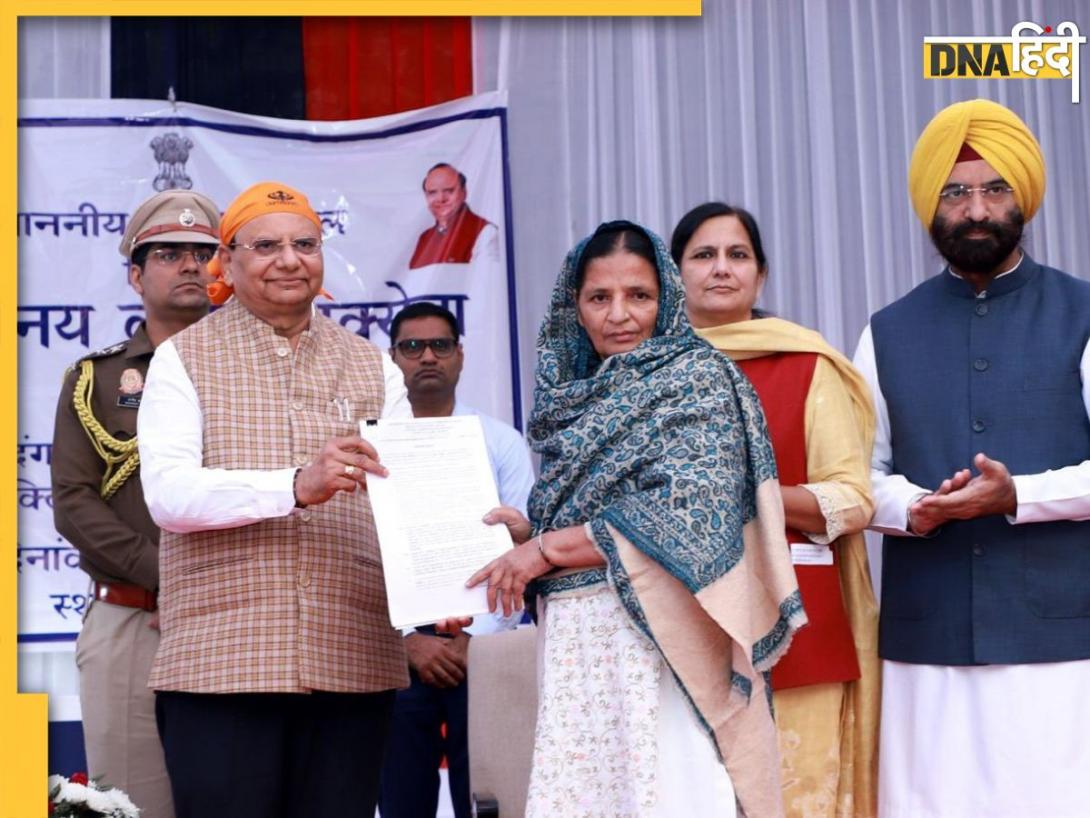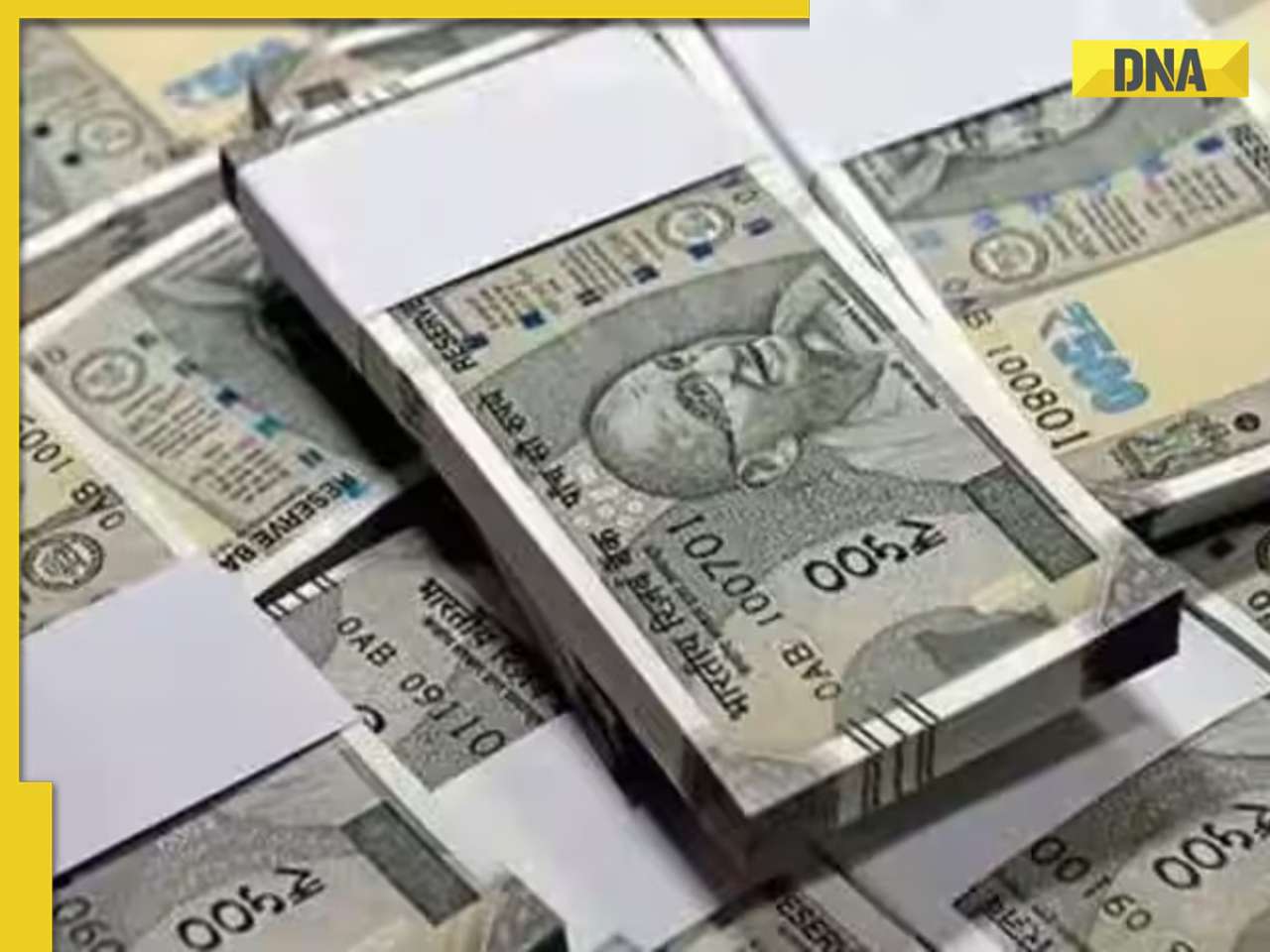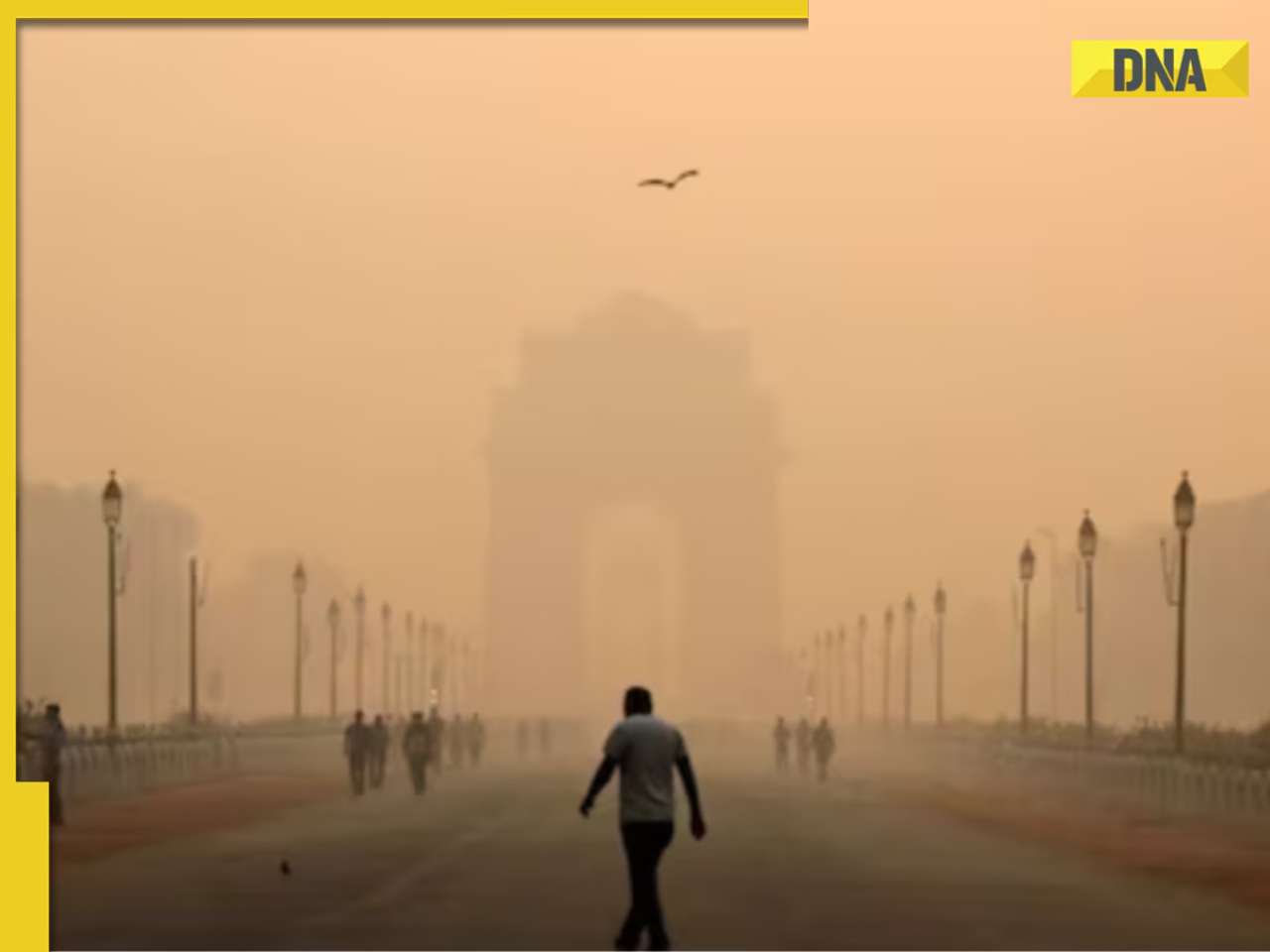- LATEST
- WEBSTORY
- TRENDING
LIFESTYLE
How did we learn to listen to music?
Ivan Hewett investigates how music became something that people actually paid attention to, and explains how you can contribute to a major new research project.
TRENDING NOW
Composer, performer, listener. They're what Benjamin Britten once called the "Holy Trinity", the three cornerstones of the musical experience. But we only ever hear about the first two.
Look at the music section of any bookstore, and what you see are rows of books on the people who compose music, and on the people who play it. They are the stars of the show, whose names go ringing down the centuries. Hardly anyone writes about listeners, and yet their story should be told as well, because it's the listeners who complete the musical experience. Their thoughts and feelings are like the blossom at the apex of the rose, or the pleasure the diner gets from all that effort and careful artistry in the kitchen. However, there's a problem with telling the listeners' story.
What composers and performers do is reassuringly solid. They produce musical works, written down on paper, and performers use crafted objects - such as pianos and violins and synthesizers - to bring them to life.
Supporting their efforts is a huge infrastructure of concert halls and publishers and radio stations. Much of this still exists, and those parts which have vanished have left traces behind. So its story can be told. What the listener contributes (apart from buying a ticket) are vast swarms of fleeting thoughts and feelings. Just imagine the thousands or even millions of mental responses generated by one concert. Here the traces are harder to find. They lurk in letters and diaries and oral histories and blogs. There's a further complication, which is that the listener came only late on the scene. For most of human history, music existed to crystallise the meaning of an occasion. Imagine a Corpus Christi procession, or a military march, or a rave in an Ibiza club.
Only a few people are actually making the musical sounds, and their meaning doesn't arise only from the sounds themselves. It arises in some mysterious way from the interaction of the sounds and the social occasion that goes with them. For millennia, this was how music functioned in society. There were no passive onlookers; everyone took part, even if it was only to bow before the Duke as he made his grand entrance during the overture. But little by little, music started to prise itself away from the grip of social function, and go its own way. When that happens, music develops a new, unheard-of luxuriance and complication.
Composers no longer have to think about the dance steps, or the needs of the occasion. They can just indulge their fascination with abstract pattern. And when that happens, music can't be "taken as read", as something that just goes along with the occasion. It has to be understood, and something which needs to be understood can also be misunderstood, whereas the idea of someone misunderstanding a funeral march, when everyone is dressed in black and walking solemnly in step, seems inconceivable. Such a massive change couldn't happen overnight.
Music's first steps into freedom were very tentative, and hardly free at all. In the 1620s and 1630s in Germany, a custom arose of having musical entertainments at the end of a church service. Something similar happened at those new churches built in Italy to fight off the Protestant menace, called oratories. In both cases the music had a definite sacred flavour, and it took decades before these fledging concerts took off and lost their aura of a musical sermon.
At the opposite pole were the tavern concerts given in Fleet Street in London in the 1680s. We're told French-style orchestral music was played there, but it would be wishful thinking to imagine these were concerts in our sense. It's more likely the music was perceived as a pleasingly fashionable and elegant accompaniment to pipe-smoking and chatter about the Jacobite threat. It was in the 18th and early 19th centuries that the practice of listening really took off. It was one of the ways the new emerging middle class defined itself, along with coffee houses, monthly journals and learned societies.
The tavern concerts moved into more salubrious surroundings, and musical societies were formed, some with a definite taste for classic "ancient" music, rather than whatever happened to be fashionable at the time. Towards the end of the 18th century the subscription series, purchasable as a package, came into being, an idea still with us today. Later in the 19th century many of these societies shook off their amateur status and became professional orchestras, some of them creating handsome new concert halls in which to perform.
All this we know about, in great detail. What we know very little about is what the listeners at these new public events were actually thinking and feeling. It's a tantalising question, because any new cultural form tends to produce a certain confusion. Think how puzzled people were when cinema came on the scene. They were used to live theatre, and the idea of "cross-fading" one scene with another must have been bewildering. The same must have been true of concerts.
How were you supposed to make sense of these sounds, without an occasion to guide you? How people learnt to listen in concerts is one question a new research project aims to answer. The Listening Experience Database (LED), a joint project of the Open University and the Royal College of Music, aims to build a vast and ever-growing database of records of the "private and intimate" listening experience. It's not just listeners at concerts the project is interested in. In earlier times people often noticed the music at public occasions, and many of them wrote down their impressions.
And the rise of the concert didn't wipe out other forms of listening. People still encountered music in weddings and churches and processions and political rallies. And more recently new forms of listening have come on the scene, thanks to the radio and recordings and the iPod. The LED aims to find room for all of these. It's on the lookout for written and oral records of every kind of musical experience from every era, from every kind of listener: rich, poor, educated or unlettered, Western or Eastern. Which is where you come in. The database has now gone public, and is inviting the public to participate. This doesn't mean you should now dash off your thoughts about that broadcast you just heard, or that concert you went to last night.
That would count as a "solicited" response, and those are ruled out, along with professional critics' reviews. What LED hopes to uncover is the unknown cache of letters from a music-loving aunt stashed away in someone's attic, or the diaries of a diplomat or merchant seaman who kept a journal of music encountered on his or her travels. If you know of such things, either in the family or at a local archive or museum, LED would love to hear from you. Don't worry if the descriptions are a little rough-and-ready and not very "literary".
LED isn't about fine writing, it's about honest records of a musical experience, written without an eye on posterity. And don't worry if the descriptions are short. As with any historical source, descriptions of a musical experience often tell us most by what they leave out. For more information on LED, see: open.ac.uk/arts/ The Daily Telegraph Musical snapshots from across the ages Thomas Cory, Venice, 1608 "I heard the best musicke that ever I did in all my life both in the morning and the afternoon… so delectable, so rare, so admirable, so super excellent, that it did even ravish and stupifie all those strangers that never heard the like." Captain Cook, New Zealand, 1769 "Musical Instruments they have but few; the latter Consists of 2 or 3 sorts of Trumpets and a small Pipe or Whistle, and the former in Singing and Dancing.
Their songs are Harmonious enough, but very doleful to a European ear." Alexander Alexander, Glasgow, 1801 "As I sauntered about the streets of Glasgow, I saw the new guard marching to relieve the old, their band playing a cheerful air… A military enthusiasm instantly seized me, and I felt as if a soldier's life was the only station for which nature had designed me." Nat Adderley, Florida, 1930s "They had the chain gang people paving the street. I was not even in school yet, so I was sitting and watching them do it… the guy in front would hit - thumpf… and he'd sing something… And it kept repeating. And I was sitting there fascinated, I loved it. And I never forgot it."
Philip Larkin, to Kingsley Amis, 1943 "My favourite record at the moment is Blues in C sharp minor/Warming Up… Eldridge's playing in the blues is fine - especially one suicidal note in the last chorus that gives me the impression of falling from an enormous height to be dashed to pieces."








)
)
)
)
)
)
)
)
)
)
)
)
)
)
)






